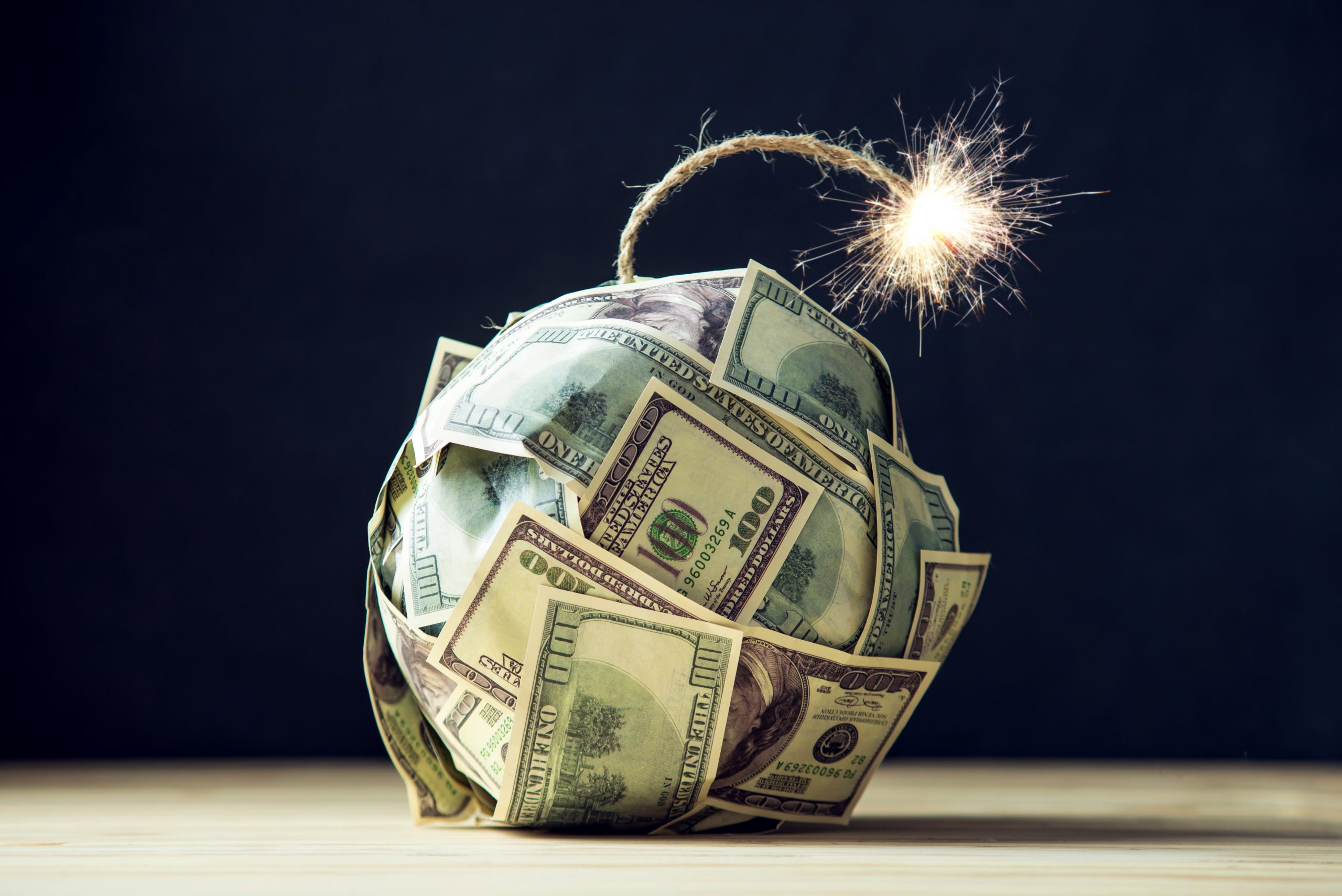
Benjamin Franklin once said,
“Wars are not paid for in wartime; the bill comes later.”
While this remains true in many ways, chances are, your portfolio and your wallet have already paid the price since the military invasion of Ukraine.
However, the Russian-Ukraine conflict is only one piece of the war on your wallet. Today, we want to call attention to battlegrounds threatening your dollars and investments in 2022.
There’s never been a more critical time to pay attention to what’s happening with your money and take a proactive stance. That’s why—after examining the war on your wallet—I’ll suggest some action steps to help you defend your dollars.
The Ukraine-Russia Conflict
As we discuss the impact of the Russian/Ukrainian conflict on your dollars, we want to begin with an acknowledgment. War is brutal. Those of us who experience the damage in dollars alone are the lucky ones. May peace come quickly in Ukraine and elsewhere.
That said, the impact of geopolitical events on stock portfolios has been severe. If you have money in the S & P 500, you saw nearly a 13 percent drop from early January highs to recent lows. The Nasdaq fell a whopping 21 percent from early January highs to March 14.
You might have done even worse if you were well-diversified in global equities. China’s Shanghai Index and European stock indexes fell further than the S&P 500. Russian stocks collapsed into dust, suffering more than 95 percent losses before the market was closed for three weeks.
While some of the above losses preceded the invasion (the result of other factors covered in this article), the conflict’s deepest cuts appear to be directly influenced by the competition.
Growth Stock Implosion
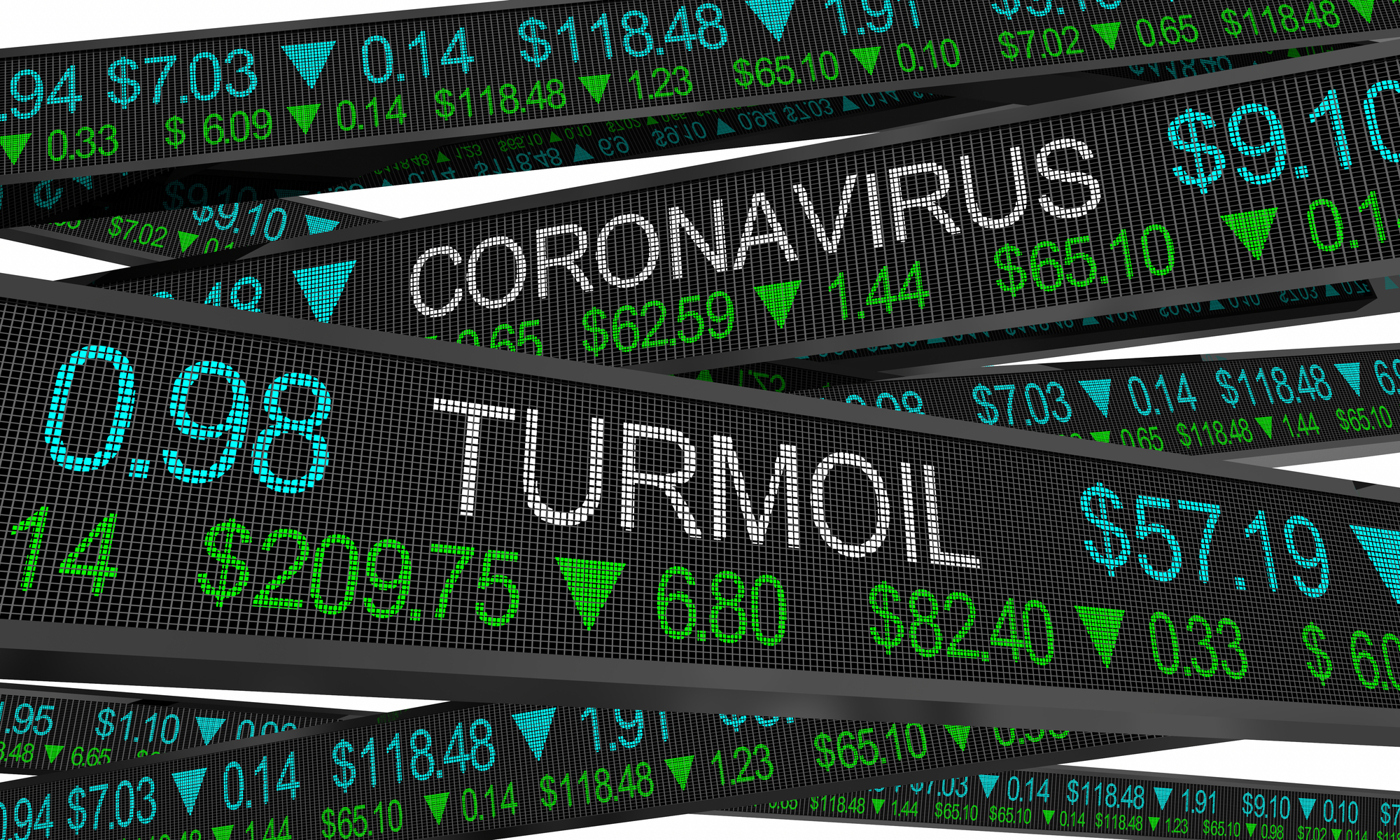
Even before the invasion of Ukraine, growth stocks such as Tesla took a beating.
As money fled the technology sector in anticipation of rising interest rates, Tesla plummeted from $1200 to about $766—a stomach-turning 36 percent drop.
Other companies such as Meta/Facebook, Paypal, Moderna, and Etsy fell even further, reported Kiplinger.
Outside of the S&P 500, mid-cap and small-cap growth and momentum stocks have been obliterated.
Many tech, solar, and other innovative growth companies have lost 70 to 80% of their value since 2021 highs. Are you still buying the dip? Choose wisely!
China’s Threats to Stability
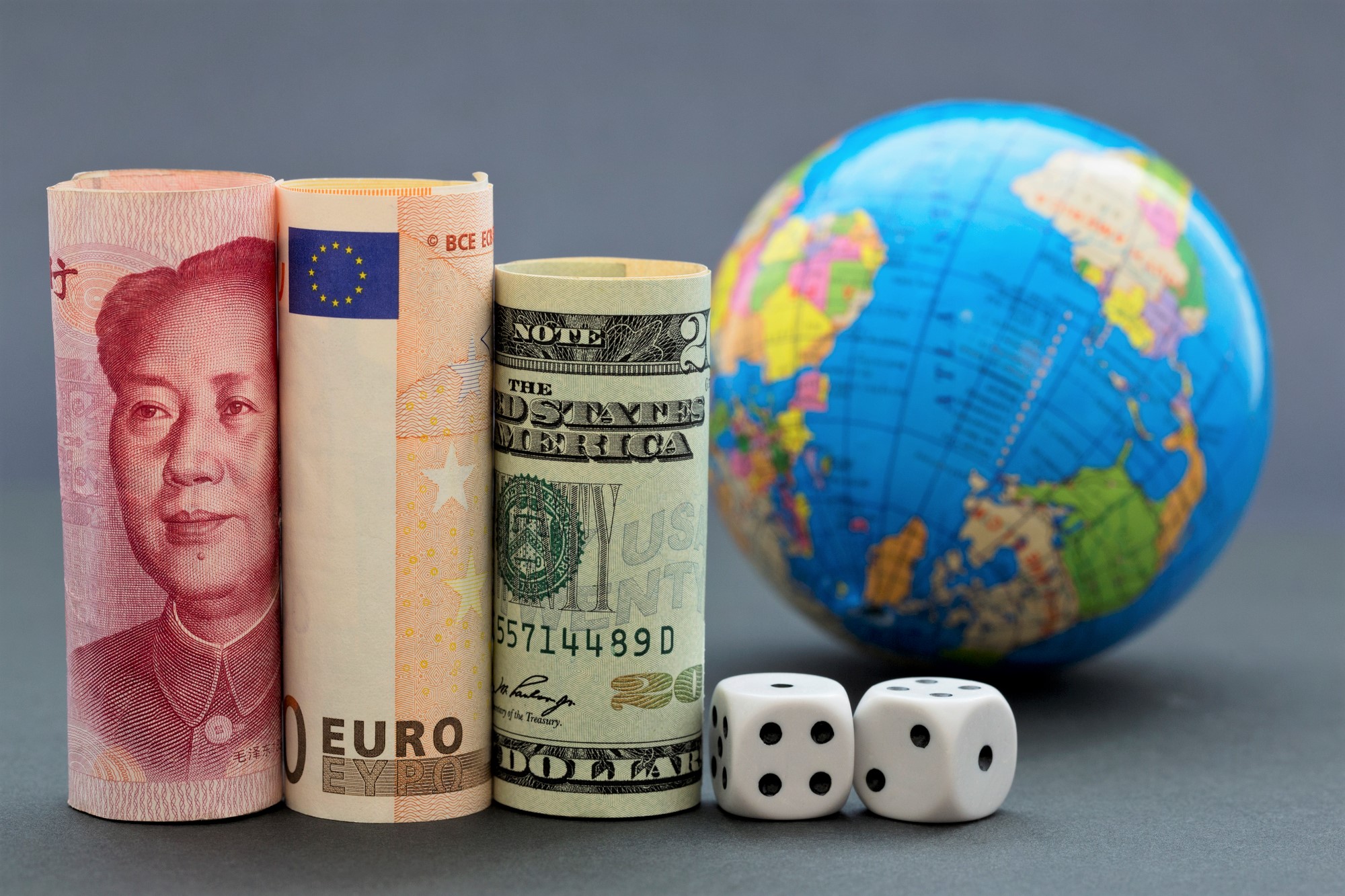
China has become an economic superpower with the largest economy in the world. Chances are, your portfolio may have shares of BABA, NIO, or other popular Chinese companies.
However, many investors are not fully aware of the incredible risks of investing in China—or the impact that a volatile China could have on the REST of your portfolio.
For starters, there is the threat of stocks being delisted. Last year, when Didi (known as “China’s Uber”) declared its intention to delist shortly after its IPO, Chinese stocks trading in the U.S. plunged by over $1 trillion, reported Bloomberg.
So will more Chinese companies be delisted?
In a March 15 headline, Bloomberg thinks so, “the U.S. is moving closer to delisting Chinese firms.”
The alignment of China and Russia and a potential invasion of Taiwan is another looming crisis. As the New York Post covered recently, China and Russia have formed a new alliance to challenge the West. Putin needs China’s cash, investments, and market for commodities and weapons. And while many countries have imposed bans on Russian oil, China remains a significant customer.
Just weeks before the invasion of Ukraine, Vladimir Putin and Xi Jinping made their mutual loyalty official. Then, after meeting just before the Beijing Olympics, a new pact was unveiled, declaring a “new era” in the global order.
The 5,000 work agreement vowed, “Friendship between the two States has no limits,” and “There are no ‘forbidden’ areas of cooperation.” The economic implications of this challenge to the power and influence of the U.S. and NATO could be significant.
The Next Too-Big to Fail Whale?
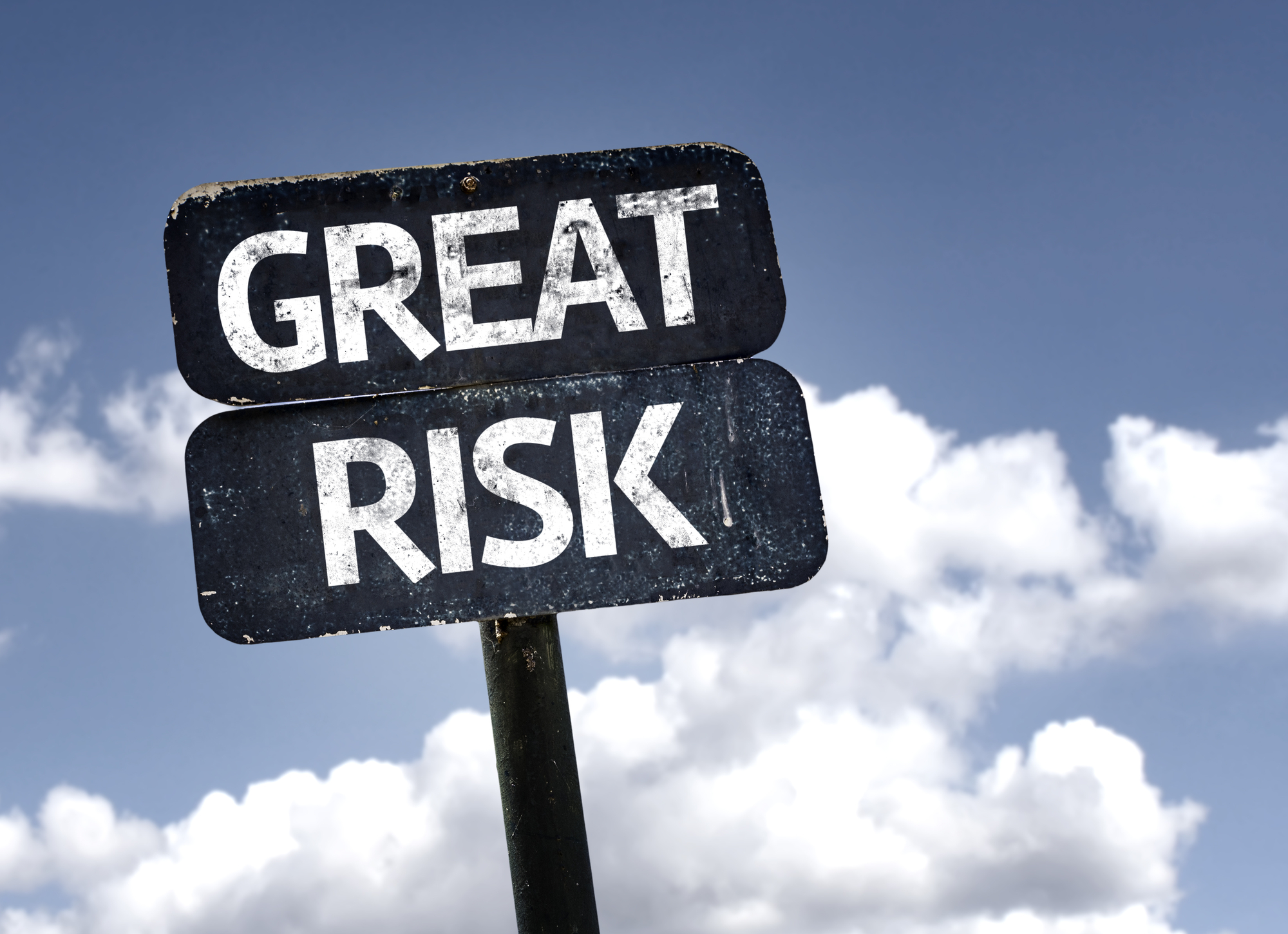
In 2001, the collapse of Enron “shook Wall Street to its core,” reported one financial journalist. A year later, the bankruptcy of WorldCom echoed the tragedy. And who can forget the impact of the 2008 collapse of Lehman Brothers? It was, perhaps, the most significant catalyst for the destabilization of the entire financial system.
The next “too big to fail” giant, Evergrande, may be made in China. China’s second-largest real estate company and the world’s most indebted real estate developer has been teetering on collapse for months. The company’s struggle to repay creditors has already caused dramatic sell-offs in the global markets, with indications pointing to Evergrande being a ticking time bomb.
Rating agency Fitch had said that default “appears probable,” while Moody’s had said, “Evergrande is out of cash and out of time.” Then, on March 22, Evergrande investors learned that more than 2 billion in cash had been seized, money that had been used as pledge securities. No doubt, as in 2008, investors of Evergrande and beyond will be left holding the bag wondering, “What happened?”
Rising Inflation and Commodity Prices
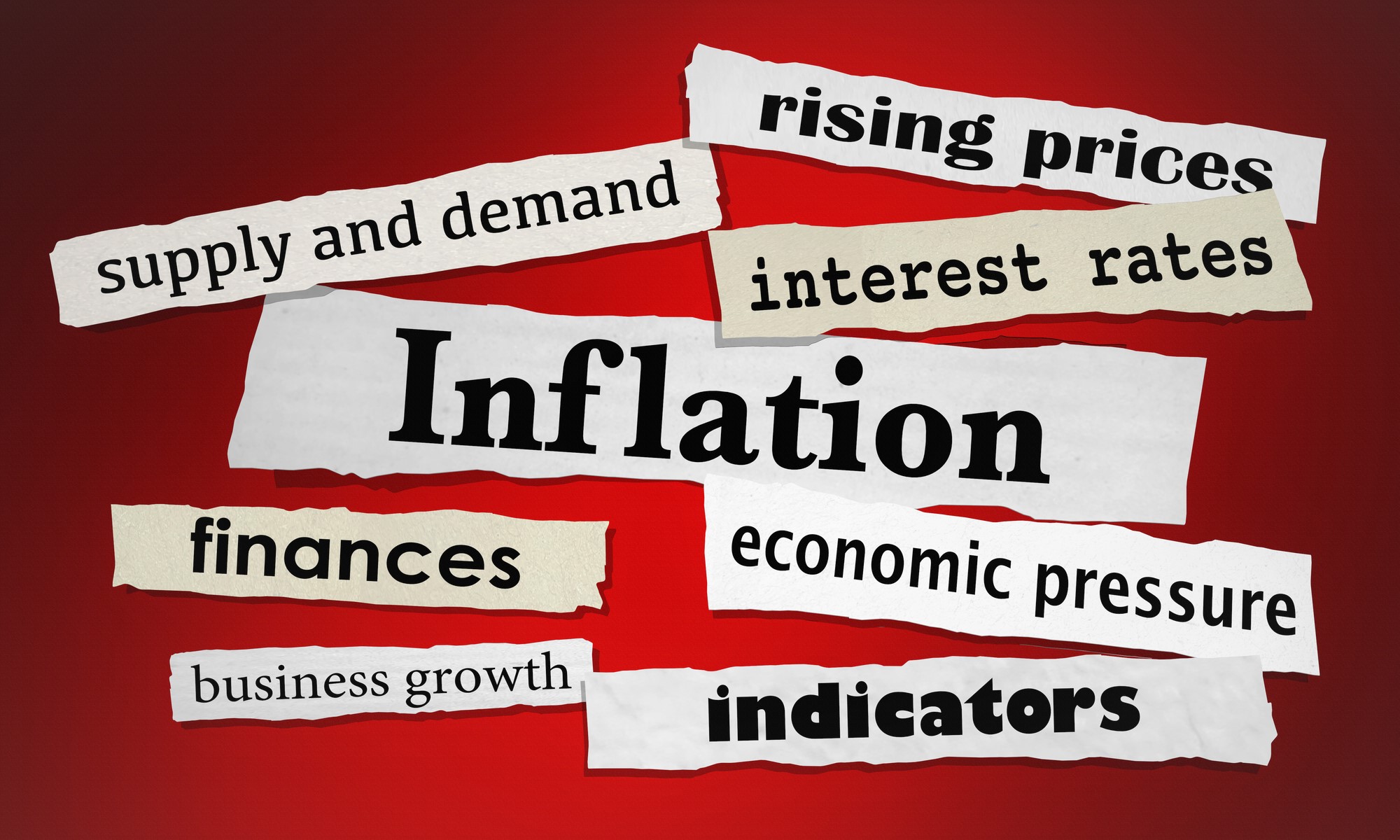
While inflation sometimes leads to inflated stock prices, the rise in commodities, especially oil prices, is taking a toll on many publicly-traded companies.
While energy companies may benefit, skyrocketing oil prices mean transporting goods to customers is far more expensive. In addition, operating farm equipment and most fertilizers just got more expensive, which will only push food prices higher.
Many other commodities, such as lumber and industrial metals, are also skyrocketing. As a result, corporations must either hike prices or shave profits.
Many American families are feeling the impact of inflation. According to an analysis by Advisor Perspectives, consumers lost 1/10th of their buying power from January 2021 to January 2022.
The calculation considered “real” disposable income (including inflation). This loss of buying power could have a devastating impact on both families and the economy.
Rising Interest Rates
Rising interest rates mean that consumer and corporate debt are becoming more expensive. In February of 2022, the Institute of International Finance reported that total global debt had risen to a new high of $303 trillion. And although the U.S. and other Western nations have spent like there was no tomorrow, over 80 percent of last year’s new debt burden came from emerging markets, where total debt now approaches $100 trillion, reported Reuters.
What do rising interest rates mean to you? While you may get a little extra interest on your bank savings, rising interest rates historically go hand-in-hand with stock market crashes and corrections.
In recent years, corporate debt has skyrocketed as companies have become addicted to nearly “free money” borrowed at next-to-nothing rates. But now the Fed is in a no-win situation: either raise rates at the risk of a stock market crash or allow runaway inflation to destroy the dollar.
But wait—there’s more!
I didn’t even TOUCH on many of the apparent risks.
The supply chain crisis still plagues many industries, and semiconductor chips are only a part of it.
An extra 200,000 businesses or business branches closed permanently in the first year of the pandemic, estimated the Federal Reserve. Many remaining companies struggle with labor shortages.
Could rising interest rates could trigger the next housing market crash? When the same dollars only purchase a fraction of the same home, prices will inevitably drop.
And despite significant recent drops, the stock market is still not priced to buy, say many analysts. Valuation measurements such as the “Buffett Indicator” (the U.S. publicly traded companies divided by GDP) show that U.S. equities are still historically overvalued.
Then there’s the next Covid variant which could soon lead public health officials to recommend more economy-destroying lockdowns or other mandates. (It’s already here—Omicron BA.2, the sequel.)
The way OUT of this mess!

The last two years have been stressful and unpredictable! And while I’d like to assure you that it’s smooth sailing from here, I’m not going to lie to you. If your portfolio and nerves are battered, it’s time to bulletproof them.
First, if most of your money is in the stock market, consider diversifying asset classes NOW.
All we ever hear about from the talking heads on Wall Street is about “stocks and bonds.” That’s not because stocks and bonds are necessarily the BEST vehicles for your money—it’s because that’s what Wall Street is selling!
But a diversified portfolio isn’t simply different kinds of stocks. For example, you could be invested in Microsoft, Tesla, Etsy, and Ally Bank—very different companies. But when bad news headlines hit, they can all drop like a rock.
Does that mean Microsoft’s business changed from a month ago? Is Tesla’s technology suddenly less valuable? Did Etsy or Ally’s business models change? Of course not! The only “changes” were headlines and investor sentiment.
Historically, real estate, private lending, and dividend-paying life insurance provide excellent hedges for stocks. (Gold, silver, and Bitcoin can provide a hedge against inflation—but they have their volatility, too.)
Second, demand a guarantee for your money.
What! You can put your money into something predictable—besides a savings account or CD paying anemic interest rates?
Yes, you can! Some savings vehicles have historically outperformed banks and investments that can produce steady cash flow and gains.
Let’s talk if you want less money on the Wall Street roller coaster and more money earning predictable gains.
Third, don’t keep following the plan that got you “here.”
“Business as usual” is not a good plan for your portfolio—especially in today’s risk-on environment.
However, there are concrete steps you can take.
Learning is one step. If you’re unsure where to put money next, it’s time to learn more to make confident financial decisions.
If you’re “stock heavy” like most people are, the last thing you want to do is keep buying more stocks! And bonds are not the answer. Moreover, bond values tend to fall in a rising interest rate environment.
Fortunately, there’s good news. There ARE reliable, time-tested solutions for your dollars.
There may not be a “magic bullet” that will protect you from all risk while guaranteeing you’ll be wildly wealthy… but you CAN bulletproof yourself against the headlines and volatility.
Reach out today and schedule a time to chat.
No sales pitch, hype, or opinions… just verifiable facts. (And no fee!) I’d love to help you discover strategies to protect your portfolio and set yourself up for reliable wealth-building!
